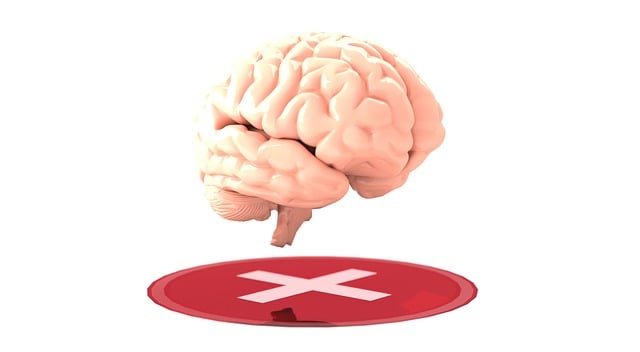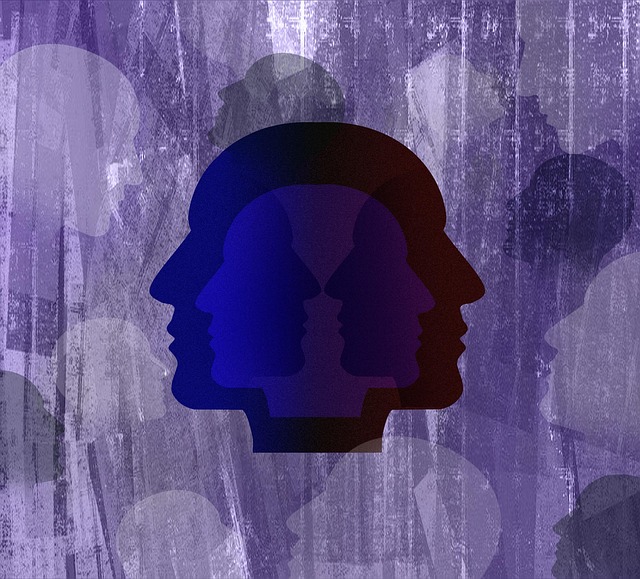Therapy for international adoptions faces challenges from language and cultural barriers, hindering effective mental health assessment and treatment for adopted children. Overcoming these obstacles requires culturally sensitive practices, community outreach, and tailored therapy to address emotional needs proactively. Building resilient coping mechanisms for parents and caregivers, along with open conversations about mental wellness, is crucial. Specialist therapy services offer individual and group support, workshops, and journaling exercises to enhance access to care. Breaking stigma encourages individuals in adopted communities to seek appropriate support, fostering mental wellness and overall well-being.
Mental wellness promotion is a critical aspect of supporting adopted children and their families, especially when navigating the unique challenges of international adoption. This comprehensive guide explores essential topics, including cultural and language barriers in mental health support, the benefits of early intervention, building resilient coping mechanisms, accessing specialist services, and breaking the stigma around mental health in adopted communities. Discover practical strategies for parents and caregivers to foster open conversations and provide effective therapy options tailored to international adoption families.
- Understanding Cultural and Language Barriers in Mental Health Support for Adopted Children
- The Impact of Early Intervention and Continuous Care on Emotional Development
- Building Resilient Coping Mechanisms: Strategies for Parents and Caregivers
- Accessing Specialist Services: A Guide to Therapy Options for International Adoption Families
- Fostering Open Conversations: Breaking the Stigma Around Mental Health in Adopted Communities
Understanding Cultural and Language Barriers in Mental Health Support for Adopted Children

Many adopted children bring with them a unique blend of cultural and linguistic backgrounds, which can significantly impact their mental wellness journey. When it comes to therapy for international adoptions, understanding these barriers is crucial. Language differences can hinder open communication between children and mental health professionals, making it challenging to assess and address their needs effectively. This is especially true when dealing with complex emotional issues that often require nuanced discussions.
Cultural sensitivity in mental healthcare practice plays a pivotal role in overcoming these obstacles. Adaptions in therapy approaches, such as incorporating the child’s native language or cultural references, can foster trust and understanding. Additionally, community outreach program implementations targeted at adopted children and their families can provide much-needed support networks, enhancing mental health awareness and accessibility to care.
The Impact of Early Intervention and Continuous Care on Emotional Development

Early intervention plays a pivotal role in fostering emotional development, especially for individuals navigating complex journeys like international adoptions. When mental health support is integrated into this critical phase, it can prevent and mitigate potential emotional challenges that may arise later in life. Therapy tailored to these unique circumstances offers a safe space for adoptees to process their experiences, build resilience, and develop healthy coping mechanisms. This proactive approach ensures that any underlying issues are addressed before they escalate, promoting overall mental wellness.
Continuous care is an extension of this concept, emphasizing the long-term benefits of sustained support. Implementing compassion cultivation practices within therapeutic settings encourages individuals to cultivate self-compassion, fostering a sense of emotional security and resilience. Additionally, Community Outreach Program Implementations can extend these services to diverse communities, ensuring accessibility for those who might otherwise face barriers to mental health care. Incorporating simple yet effective Mental Wellness Journaling Exercise Guidance can empower individuals to take an active role in their emotional well-being, complementing ongoing therapy and fostering a deeper sense of self-awareness.
Building Resilient Coping Mechanisms: Strategies for Parents and Caregivers

Building resilient coping mechanisms is an essential aspect of mental wellness promotion for parents and caregivers, especially those involved in therapy for international adoptions. This process involves helping children and young adults develop effective strategies to navigate life’s challenges and build emotional resilience. One key strategy is fostering emotional regulation through self-awareness exercises. By teaching them to identify and understand their emotions, parents can empower their children to express and manage them healthily.
Caregivers play a vital role in guiding the emotional healing processes by creating a safe and supportive environment. This includes active listening, validating their feelings, and encouraging open communication. Additionally, incorporating activities that promote mindfulness and stress reduction, such as meditation or nature walks, can significantly contribute to building resilient coping mechanisms. These strategies not only aid in managing immediate emotional crises but also foster long-term mental wellness.
Accessing Specialist Services: A Guide to Therapy Options for International Adoption Families

Accessing specialist services is a vital step for families navigating the complexities of international adoption. Therapy options specifically tailored to these unique circumstances can be incredibly beneficial. Many organizations and professionals specialize in supporting adoptive families, offering a range of therapeutic approaches. For instance, individual therapy provides a safe space for parents to process their emotions, cope with cultural adjustments, and navigate the challenges of building a family abroad. Group therapy sessions, often facilitated by experienced counselors, offer peer support and a sense of community, allowing families to share experiences and gain insights from one another.
When exploring therapy for international adoptions, consider options like stress management workshops designed specifically for adoptive parents. These workshops equip individuals with valuable coping skills development strategies to handle the high-pressure situations that can arise during the adoption process and post-placement. Additionally, mental wellness journaling exercises guidance can be provided by professionals to help families document their journeys, track progress, and cultivate resilience through self-reflection.
Fostering Open Conversations: Breaking the Stigma Around Mental Health in Adopted Communities

In adopted communities, fostering open conversations about mental wellness is a powerful step towards breaking the stigma that often surrounds these topics. Therapy for international adoptions and related experiences can be especially challenging, as individuals navigate cultural adjustments, identity formation, and unique life transitions. By encouraging candid discussions, we create safe spaces where people feel empowered to share their struggles and triumphs without fear of judgment. This shift in perspective is vital for promoting mental wellness and seeking appropriate support, such as therapy or coaching programs that cater to the specific needs of adopted individuals and their families.
Developing inner strength and implementing burnout prevention strategies for healthcare providers involved in these journeys are key components of creating a supportive environment. Mental wellness coaching programs can play a significant role in equipping individuals with coping mechanisms, fostering resilience, and encouraging proactive mental health management. Ultimately, breaking the stigma associated with mental health issues within adopted communities paves the way for improved access to care and enhanced overall well-being.
Mental wellness promotion is a multifaceted effort that requires understanding cultural and language barriers, implementing early intervention strategies, empowering parents with coping mechanisms, and fostering open dialogues within adopted communities. By navigating these aspects, we can significantly enhance the emotional development of adopted children and ensure access to suitable therapy options, such as those tailored for international adoption families. This comprehensive approach breaks down stigma, supports resilient coping, and ultimately improves mental health outcomes for all involved.









